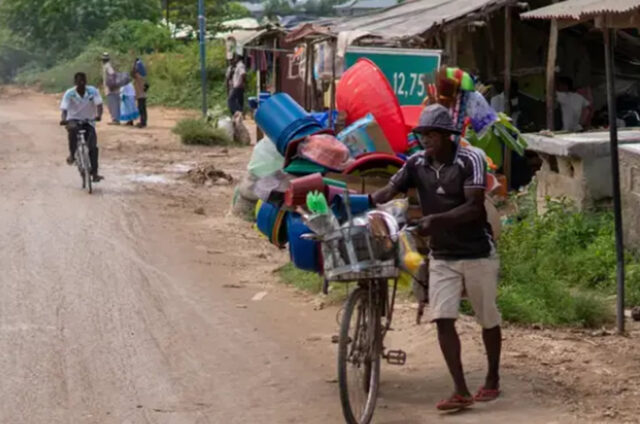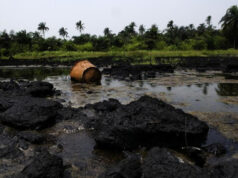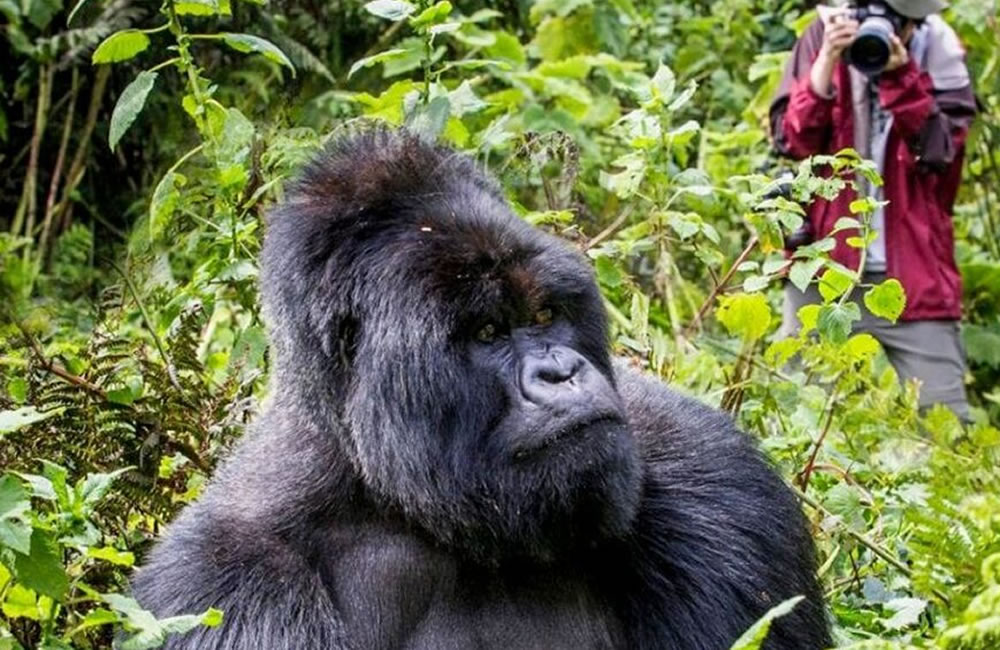After Tanzania’s COVID realist President died under mysterious circumstances and his COVAXist Vice President took over, money has started flooding into the country.
The International Monetary Fund (IMF) just approved a disbursement of US$189.08 million under the Rapid Credit Facility (RCF) and a purchase equivalent to US$378.17 million under the Rapid Financing Instrument (RFI) for a total of $567.25 million.
According to the IMF, this emergency funding is intended to help finance Tanzania’s urgent balance of payment needs resulting from the collapse in tourism. The collapse in tourism was caused by the needless COVID lockdowns and travel restrictions imposed in other countries and not by any impacts of the virus within Tanzania itself, which has reported only 1,367 infections and 50 coronavirus-related deaths since the plandemic began.
The IMF claims that the funds will “help finance the interventions needed to mitigate the severe socio-economic impacts of the pandemic and help catalyze support from development partners.”
According to the IMF, Tanzania faces an “urgent balance of payment need of about 1.5% of GDP as the authorities implement a comprehensive plan to mitigate the effects of the pandemic and preserve macroeconomic stability in the face of a reported third wave of the virus caused by vaccines.”
This kind of contradicts the Bank of Tanzania (BoT) Monetary Policy Statement in 2020 that reports a deficit reduction in the current account to $333.3 million from the $1,620.2 recorded in the corresponding period of 2018/19. Tanzania also reported 4.8% economic growth in 2020, which is substantially better than most countries around the globe.
Tanzania had previously opted out of the COVID craziness and exposed the conspiracy for what it is, that is, until the country’s President died and was replaced by someone more compliant. Since Tanzania has become proCOVAX, it has been getting more loans and cash handouts.
While heavily reliant on tourism and foreign aid, in recent years the country had expanded exports of gold and cashews to become less reliant on tourism. While the demise of the tourism industry has certainly had substantial impact on the country’s ability to service it foreign debt and has had some impact on the micro level, not so much has changed for the average Tanzanian and the country continues to enjoy strong economic and social development.








